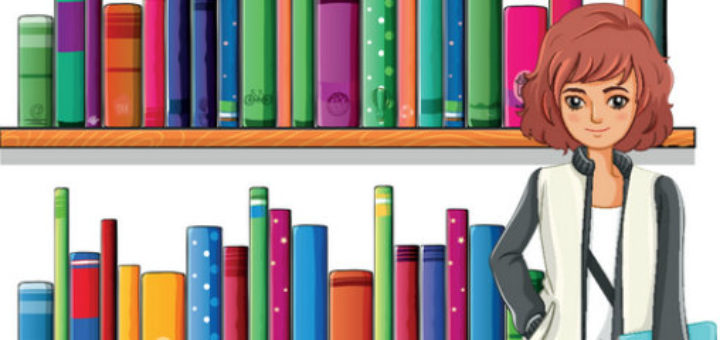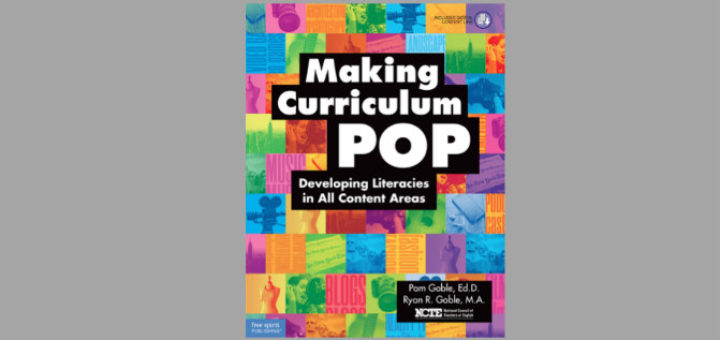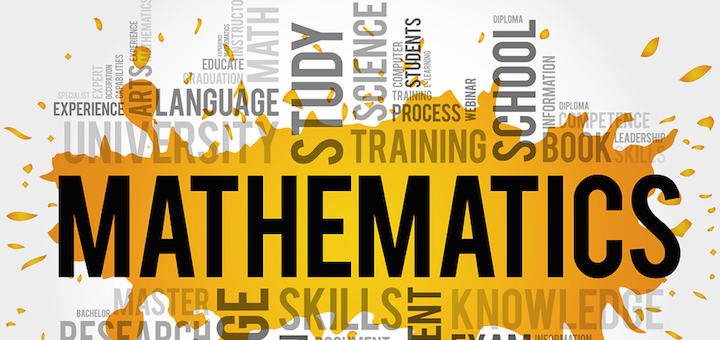A Refreshing Approach to Teaching Poetry
Shirley McPhillips’ non-traditional book about teaching poetry is both insightful and fun to read, says retired principal and former California senior poet laureate Mary Langer Thompson. She predicts teachers will not be able to read for long without writing poetry themselves.






















